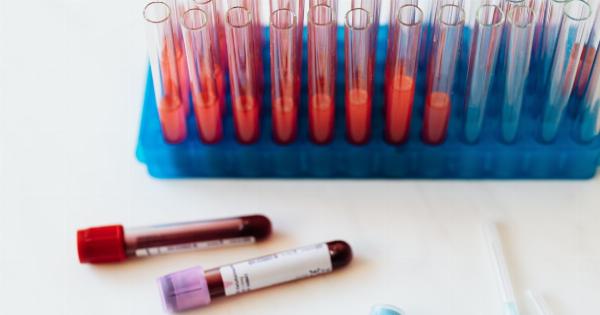As we age, our memories become an invaluable part of who we are, preserving our personal experiences and connecting us to our past.
Unfortunately, memory loss is a common concern for many elderly individuals, leading to a decline in their overall well-being and quality of life. However, there is hope in the form of quick appointments, which can play a vital role in reviving the fading memories of the elderly and helping them cherish their treasured moments once again.
The Importance of Prompt Appointments for Seniors
It is essential to understand the significance of quick appointments for the elderly population. As individuals age, their healthcare needs become more complex, and timely medical interventions are crucial in preventing further complications.
Regular appointments with healthcare professionals not only address physical health concerns but also enable professionals to identify cognitive issues that may contribute to memory loss.
Quick appointments allow healthcare providers to provide seniors with prompt diagnoses and personalized treatment plans. Such appointments can help prevent or manage medical conditions that could potentially accelerate memory decline.
By managing existing health conditions and implementing preventive measures, healthcare providers can significantly improve the overall well-being and cognitive function of the elderly population.
The Impact of Memory Loss on the Elderly
Memory loss is a common issue faced by many seniors, and it can significantly impact their daily lives.
From forgetting important dates and names to struggling with daily routines and tasks, memory loss can create frustration, feelings of isolation, and even depression. Furthermore, it affects interpersonal relationships with loved ones as cherished memories gradually slip away.
For the elderly, memories are a precious resource that fosters a sense of identity, family connections, and emotional well-being. Preserving and reviving these memories is vital in maintaining their overall quality of life.
Quick appointments can facilitate the stabilization of memory loss and, in some cases, even reverse its effects, allowing seniors to reclaim their memories and enjoy a more fulfilling life.
The Role of Healthcare Professionals in Revitalizing Memories
Healthcare professionals have a crucial role to play in revitalizing memories for the elderly.
By employing a patient-centered approach and recognizing the importance of memory retention, healthcare providers can make a significant impact on the lives of their senior patients.
Firstly, healthcare professionals should conduct thorough memory assessments during routine appointments to identify any signs of memory decline.
Early detection provides an opportunity for timely interventions, enabling seniors to receive appropriate care, treatments, or therapies that can help slow down memory loss.
Furthermore, healthcare professionals can collaborate with specialists, such as neurologists or geriatric psychiatrists, to develop personalized memory preservation plans for their senior patients.
These plans may involve a combination of memory exercises, cognitive training, lifestyle modifications, and, if necessary, medication. Quick appointments allow for prompt implementation of such plans, maximizing their effectiveness in revitalizing memories.
In addition to medical interventions, healthcare professionals can also encourage social engagement and mental stimulation, both of which have been shown to enhance memory in the elderly.
By recommending participation in community activities, senior centers, or support groups, healthcare providers can promote social interactions and cognitive exercises that instigate memory revival.
Lastly, healthcare professionals must prioritize open and compassionate communication with their senior patients and their families.
By fostering an environment where their concerns are heard and valued, healthcare providers can build trust, support emotional well-being, and help seniors cope with their memory loss more effectively.
Conclusion
Quick appointments play a vital role in reviving memories for the elderly. By recognizing the importance of prompt interventions, healthcare professionals can significantly enhance the quality of life for their senior patients.
Through comprehensive memory assessments, personalized treatment plans, and recommendations for social engagement, healthcare providers can bring back cherished memories and give the elderly the opportunity to reclaim their identities and enjoy a more fulfilling life. Let us strive to prioritize quick appointments and memory revitalization for the elderly, ensuring that they can hold on to their treasured moments for as long as possible.


























